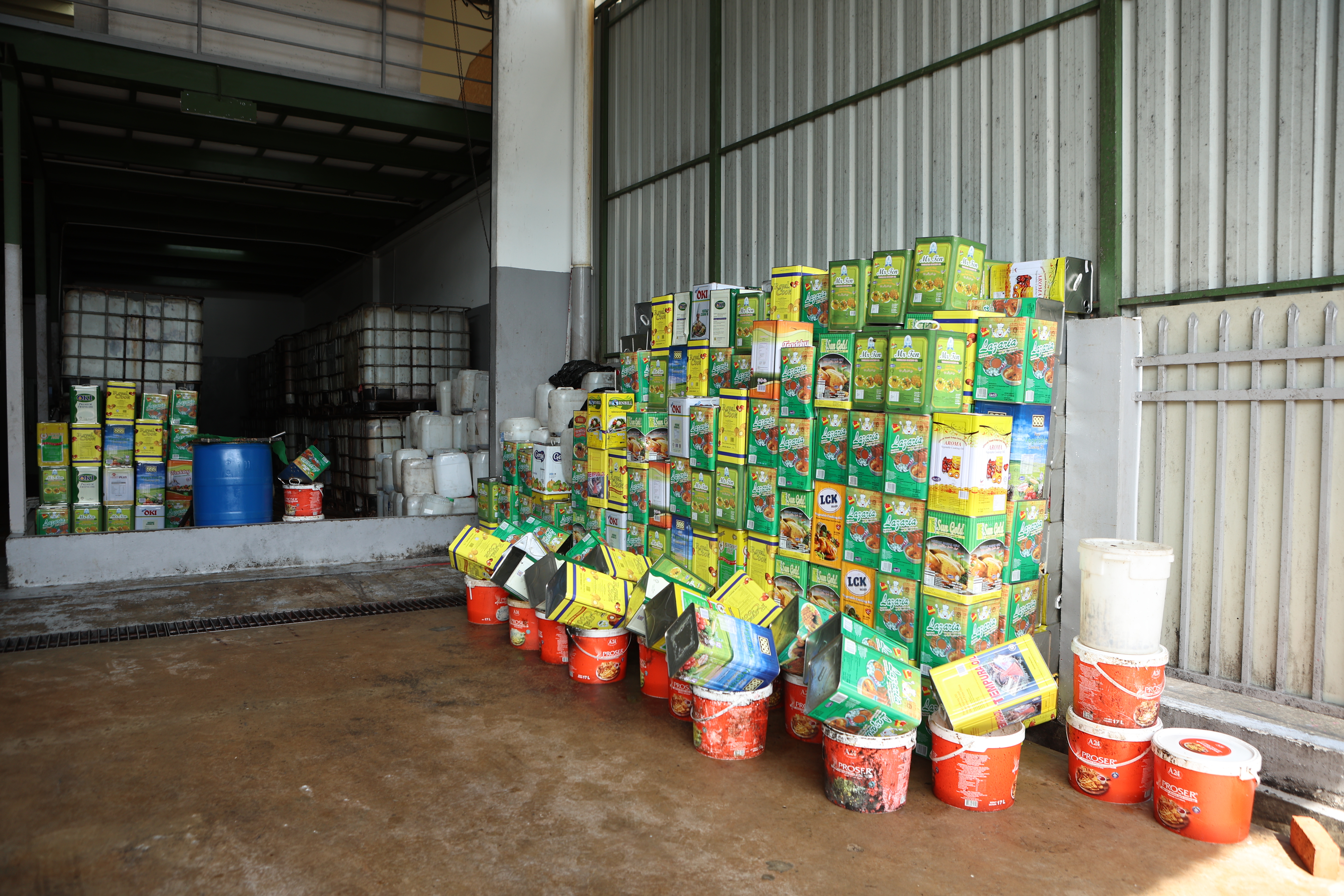SUSTAINABLE & GREEN BUSINESS
Addressing The Waste Problem
Brunei Darussalam is at a critical juncture in addressing its waste management challenges, reflecting both regional and global pressures. While significant investments have been made to manage waste and maintain cleanliness, the recycling sector has much room for growth.
The scale of Brunei’s waste management system was highlighted during the Legislative Council (LegCo) session in March 2024 by Minister of Development Dato Seri Setia Awang Haji Muhammad Juanda bin Haji Abdul Rashid. According to the minister, Brunei produces 500 to 600 tonnes of waste daily, equivalent to 1.21 kilogrammes per person.
Millions of dollars have been channelled into waste collection services and infrastructure, including waste disposal sites and the Sungai Paku landfill. Despite these efforts, the unsustainable nature of the current system remains a pressing issue. Approximately BND1.3 million is spent annually on maintenance and infrastructure, excluding the costs of addressing illegal dumping.
To combat these challenges, Brunei is moving towards establishing a waste- to-energy (WtE) plant. At the time of the LegCo session, a request for proposal (RFP) was in the works. Once an investor is secured, the plant is projected to be operational by 2029 to reduce landfill dependency.
Bridging The Gap
While traditional waste management receives significant investment, the recycling industry in Brunei continues to face systemic limitations. Recycling is largely export-dependent. Recyclable materials such as plastics, metals, and used cooking oil are sent abroad for processing. This reliance highlights the need for domestic recycling infrastructure, which could reduce environmental costs and create economic opportunities.
Across ASEAN, the stakes are high. Solid waste generation in the region is projected to rise by 140 per cent, from 0.76 million tonnes per day in 2000 to 1.8 million tonnes per day by 2025. The use of single-use plastics remains a significant threat to natural ecosystems, underscoring the urgency of regional and local action.
Brunei Darussalam’s recycling efforts, though developing, highlight the contributions of private sector and community-led initiatives. An example is Baiduri Bank’s Bisaitah Recycle which encouraged the public to recycle their old Raya packets.
Meanwhile a recent recycling drive by a youth-led platform collected 1,670 kilogrammes of materials, including 1,310 kilogrammes of paper and significant amounts of e-waste which were processed abroad in China, Malaysia and Thailand. By doing so, it helps conserve resources and protect nature as well as reducing waste sent to landfills. Such efforts align with Sustainable Development Goal 12 and the Brunei Darussalam National Climate Change Policy.
One area that highlights the challenges and opportunities of Brunei’s recycling efforts is the management of used cooking oil. Despite its environmental impact, 80 per cent of used cooking oil in Brunei is not properly disposed of, ending up in drains and ditches.
A managing director of a local company shared that his company collaborates with 258 restaurants and catering businesses to collect used cooking oil for recycling. Every month the company exports 40,000 kilogrammes of used cooking oil to Malaysia, processed into candles, soaps, detergents and other products.
The example above underscores an opportunity to establish local recycling capabilities. Developing domestic facilities to process materials such as used cooking oil could reduce reliance on exports while fostering a circular economy, keeping resources within the country.
Brunei’s waste management efforts reflect a positive shift towards sustainability, with initiatives paving the way for a greener future.

